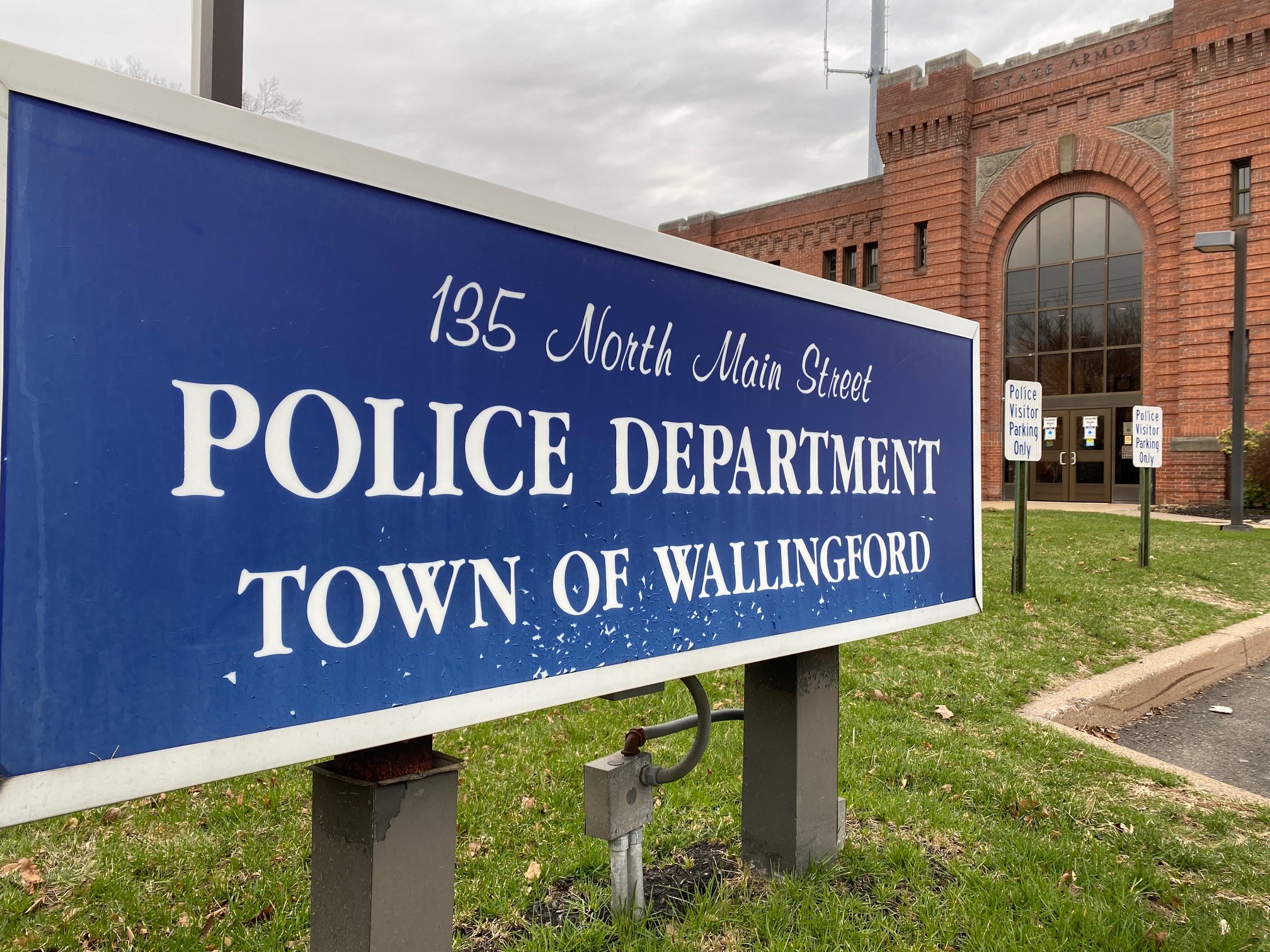The head of school for The Woodstock Academy, Christopher Sandford, said that he believes planning for a full return to school this fall is a, "waste of time."
"We have been spending an enormous amount of hours planning to get all of our students back to campus when I truly believe it is almost an impossible task based on the guidelines that we were given and the expectations that we have," said Sandford. "We should have been spending our time on how to make e-learning better than it was in the spring."
Like all schools across Connecticut, The Woodstock Academy has spent the last several weeks developing three different plans to present to the state: a plan for a full return, a plan for e-learning and a hybrid of both. Sandford said that his team spent most of that time researching what it would take to bring students back for in-person learning. He estimates that it would cost $800,000 to make all of the changes necessary for a full return.
"To be totally up front, I have not bought any of it yet," said Sandford. "Because I don't think it is a worthy investment at this point."
One example of a change that the school would have to make in order to have students back is removing all hand-dryers in the restrooms, which were put in place to be more eco-friendly, and replacing them with paper towel dispensers.
Schools are also required to wipe down desks with disinfectant wipes in between use. Sandford said additional funding is not available for all of the resources needed and the products are difficult for the school to find.
"You can't buy wipes today," said Sandford.
Local
Without those resources and the funding to buy them, Sandford said that he does not envision students walking the halls of school this fall.
"What may be a little bit better academically, not at the expense of student safety," said Sandford. "It is paramount that we keep the student safety first and then we make the decision of what academics look like, not reverse it. You can't really learn if students are not feeling safe."
Sandford said now that plans are submitted to the state for review, he hopes that the state allows each community to decide which plan will work best for them. His staff is now switching gears from planning for a full return to work on professional development and how to best work to meet the needs of students.
While it is still not clear what the first day of school will look like at The Woodstock Academy, Sandford believes e-learning will be inevitable at some point in the fall.
In addition to a regular high school, Woodstock is a boarding school. Sandford said that his team budgeted for half the number of boarding students they seen in a normal year so they are not taking too much a financial hit. While they normally see upwards of 200 boarding students, they are anticipating about 100 this year.
According to Sandford, students will have their own room instead of doubling up. All boarding students will be required to get a COVID test before returning. The number of international students enrolled is still up in the air.
"I don't know how many are going to be on campus because 20 of them are from China. They may stay in China and do e-learning," said Sandford.
Norwich Free Academy Talks Back-To-School
Norwich Free Academy, another independent school in the state, is tackling some of the same challenges as Woodstock Academy. NFA serves a larger population than Woodstock, about 2,200 students compared to about 1,200 at WA.
"With a school our size, both in terms of the campus and the student body, a lot comes into play in planning," said director of communications for the school, Michael O'Farrell. "For example, if we are going to be here, how does our traffic pattern go? How does lunch service go? How does class-to-class movement work in between?"
Norwich Free Academy, like many schools in the state, formed a task force to explore all of those questions. They have been working on the three different plans required by the state for the last several months. The school's board will be voting on a preferred plan next week, which will give parents a better idea of what school might look like in the fall, but even then things can change.
"When it is go-time we are ready to pivot in either direction," said O'Farrell. "Being five or six weeks out to the start of school, that is a challenge. Our goal is to be ready for whichever way we have to go."
NFA is not a boarding school, but they do teach international students. According to O'Farrell, there were 50 international students last year. About half have graduated. The number of international students for the 2020-21 school year is unknown at this time.
In addition to preparing Chromebooks for potential e-learning and drawing social distancing plans for potential in-person learning, the school is also having to consider how to best prepare curriculum for students given the difficult end to the school year.
"There is a lot going into this process to try and provide the best and the safest education possible for these kids," said O'Farrell.



